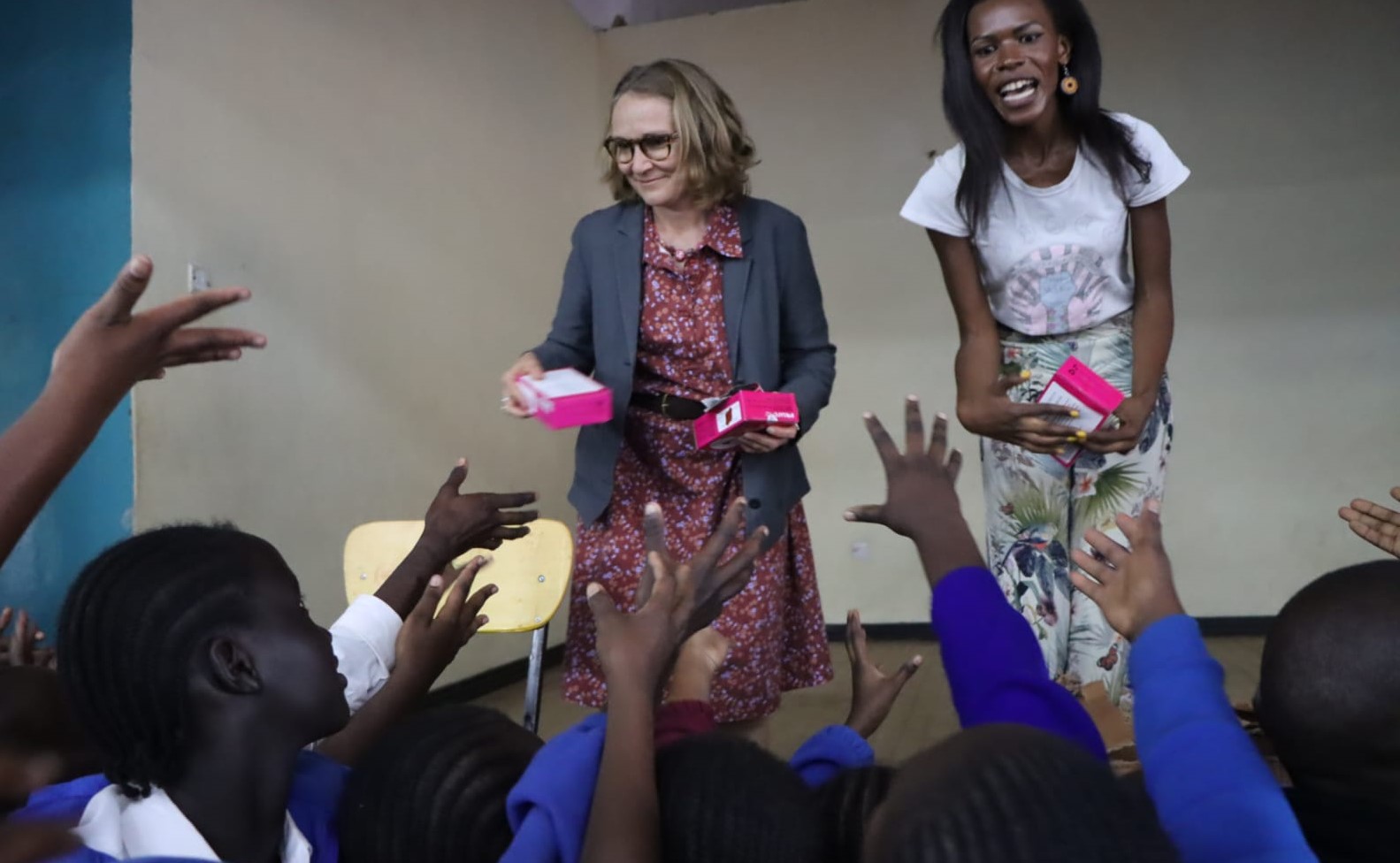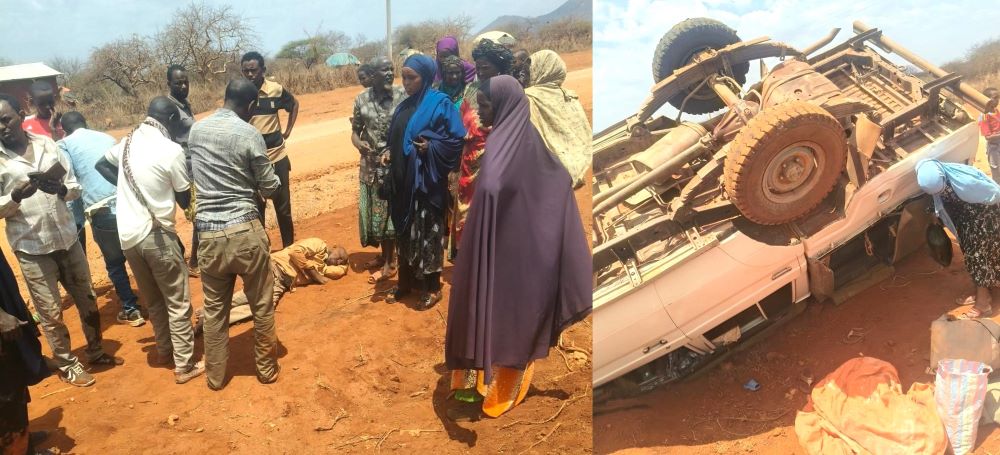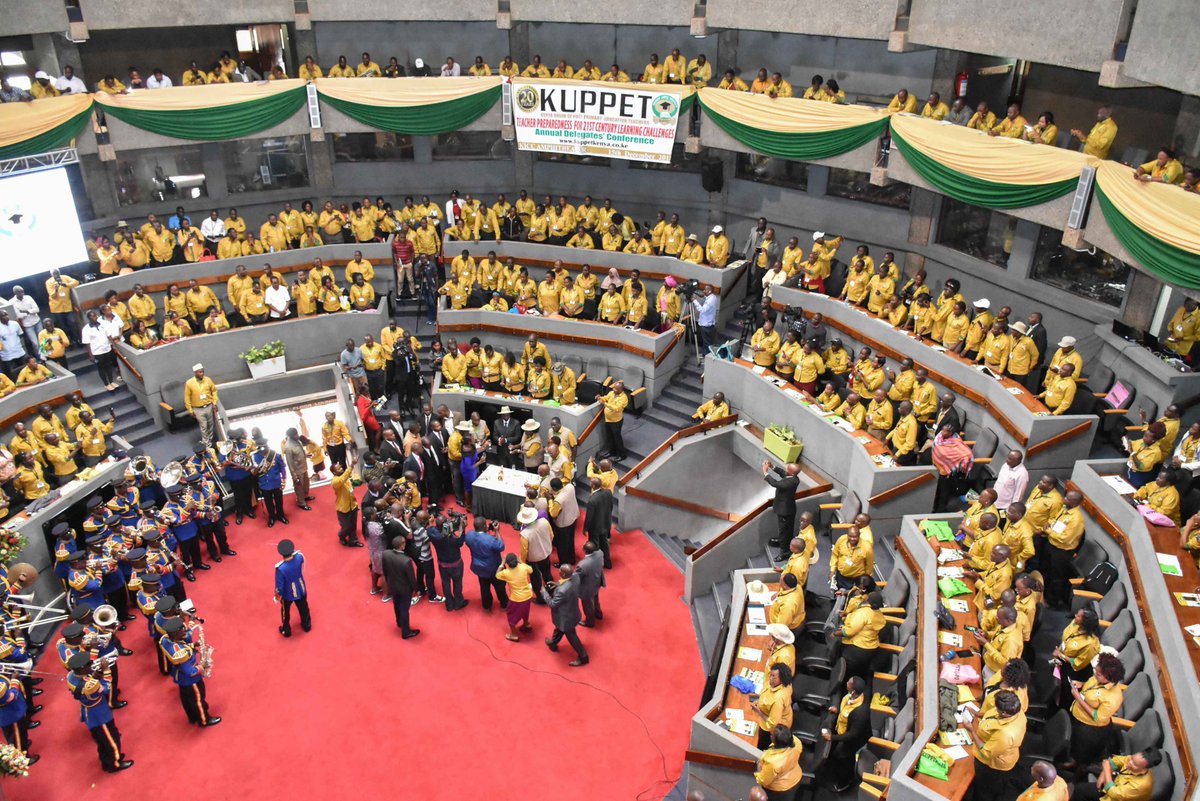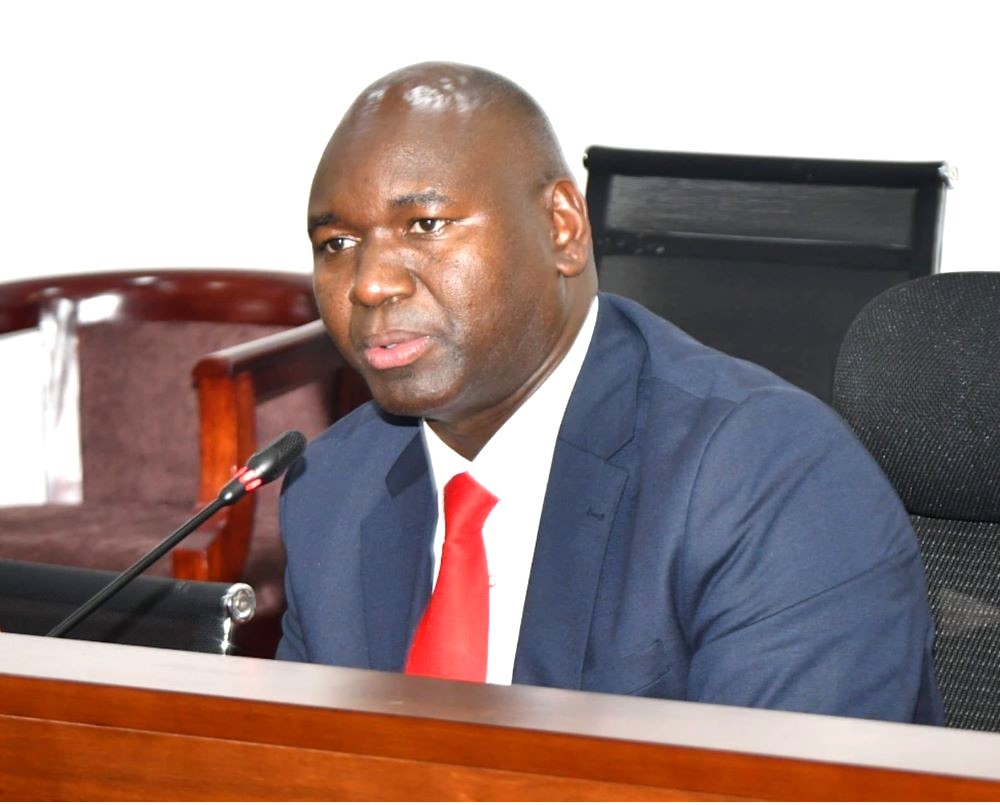As the world marked Menstrual Hygiene Day 2025 millions of women and girls still face significant challenges in accessing menstrual health and hygiene management, impacting their well-being, education, and overall health.
A new report, Progress on drinking water, sanitation, and hygiene in schools 2015–2023: special focus on menstrual health, launched by UNICEF and WHO on Menstrual Hygiene Day 2024 revealed that worldwide, only 2 out of 5 schools (39%) provide menstrual health education in primary schools.
The report also indicates that menstrual products are not always readily available, with many unable to afford them. In sub-Saharan Africa, for example, only 1 in 8 schools (12%) provide menstrual materials for free or for purchase.
Different stakeholders are now pushing to ensure the menstrual products are available besides provision of menstrual health education in schools.
ALSO READ:
Global Menstrual Hygiene Day: Young girls empowered, motivated and educated
Menstrual Hygiene Day 2025 was observed on May 28th, it aims to raise awareness about the challenges surrounding menstrual health and hygiene and promotes sustainable development by addressing the needs of menstruating individuals.
The theme, “Together for #PeriodFriendlyWorld,” emphasizes the need for collective action to ensure that menstruation doesn’t hinder access to education, health, or opportunities.
Public Health, Menstrual Health Advocate Roisa Kerry says women and adolescent girls in Kenya are using unhygienic materials to manage their flow.
Kerry who was speaking during Menstrual health talk during Menstrual Hygiene Day 2025 in Kilimani primary said Menstrual Health Advocates should challenge the stigma and silence surrounding menstruation, fostering open conversations and normalizing the topic this will see the community addressing issues surrounding the menstruation.
ALSO READ:
KUPPET condemns demotion of 158 teachers, calls for reinstatement
“The ministry of education should allow comprehensive sexuality education in schools to include information about menstruation, promoting understanding and dispelling myths,” she said.
Anne-Marie Schönemann, a seasoned physiotherapist and public health advocate said more need to be done to ensure to ensure menstruation doesn’t hinder girls access to education, pointing out that all girls must have access to education.
Addressing menstrual health directly impacts several SDGs, including SDG 3 (Good Health and Well-being), SDG 4 (Quality Education), SDG 5 (Gender Equality), and SDG 6 (Clean Water and Sanitation).
During the celebration the school girls benefited from safe pad reusable sanitary pads from Real Relief Company and were also taken through menstrual health education.
ALSO READ:
CSOs cry out to TSC for promotion consideration, after teachers
Impure , a feature film about ‘period shaming that sheds light on how menstruation continues to impact girls’ rights, dignity, and education was screened by United Nations Women who also took the girls through menstrual health education and donated sanitary pads.
The film is about a 12-year-old girl from Kenya who took her own life after she was allegedly embarrassed for having her period in class.
By Obegi Malack
You can also follow our social media pages on Twitter: Education News KE and Facebook: Education News Newspaper for timely updates.
>>> Click here to stay up-to-date with trending regional stories
>>> Click here to read more informed opinions on the country’s education landscape






